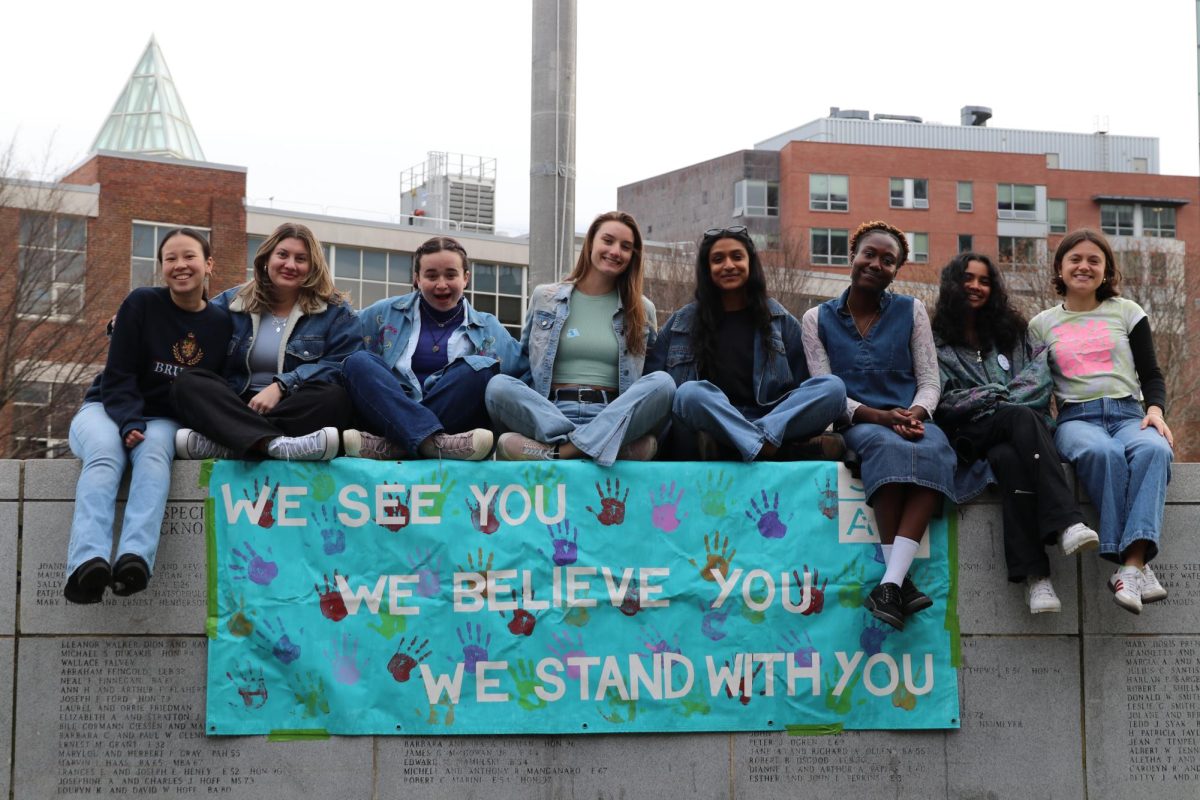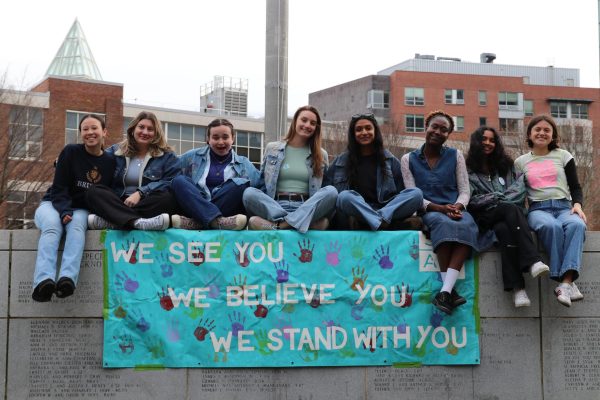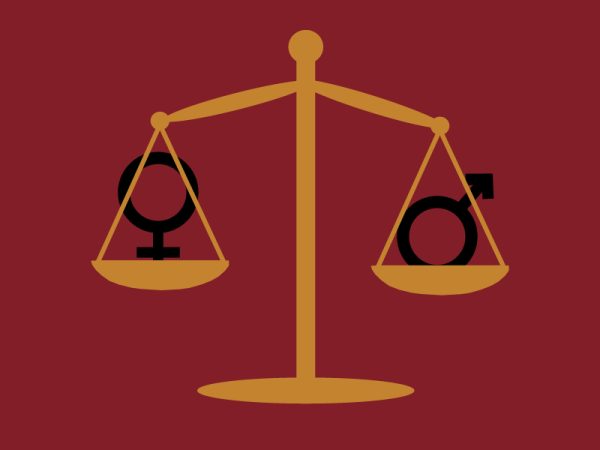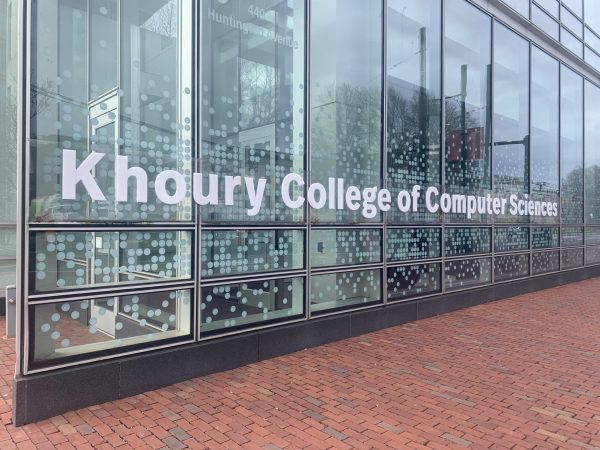Editorial: We need to talk about diversity
April 5, 2018
It is crucial that we have difficult conversations about diversity and inclusion now.
At Northeastern, it is the job of students, faculty and the administration to actively promote an open dialogue about acceptance on campus. We must also turn conversations about systemic discrimination into concrete actions that will result in real change.
We should support people of marginalized groups who run for leadership positions, attend demonstrations against oppression and learn from our mistakes. For example, although the term Me Too was coined by a black woman named Tarana Burke, the credit for the movement was given to Alyssa Milano, a wealthy white woman. Injustices like this cannot keep occurring.
Northeastern does not lack opportunities for students to find their place, with 44 international and cultural clubs, 18 religious clubs, five LGBTQA+ clubs and 12 political action clubs. But to have productive conversations, students need to speak to peers with different identities.
Northeastern’s Office of Institutional Diversity and Inclusion recently introduced a training series for staff and faculty including talks like “Addressing Unconscious Biases” and “Recognizing and Addressing Microaggressions.” These same programs addressing stereotypes and biases that affect our perspectives need to be actively offered and advertised to students, too.
While a group of white people may be well-intentioned, they cannot truly understand racism without conversing with people of color. The same holds true for other inherent biases.
But not every conversation we have needs to be blindly diversified. Traditionally powerful groups, including straight people and white men, tend to dominate conversations because they have historically been the ones in power, and marginalized groups might feel more comfortable without those voices constantly present.
Northeastern can also create an inclusive campus by carefully selecting their sponsored speakers. We need to hear from leaders who encourage students to lean into the discomfort of talking about discrimination. For example, the First Pages speaker for 2017, Bryan Stevenson, is a lawyer who works to fight racism in the justice system and founded the Equal Justice Initiative.
At The News, we are aware that we have not reached the level of diversity that we want. Recently, we had a diversity workshop with the editorial board to discuss inherent biases and how it affects our reporting. While the conversation is far from over, we are committed to reporting on issues that affect people of all identities.
A previous version of this article misspelled Bryan Stevenson’s name.


















